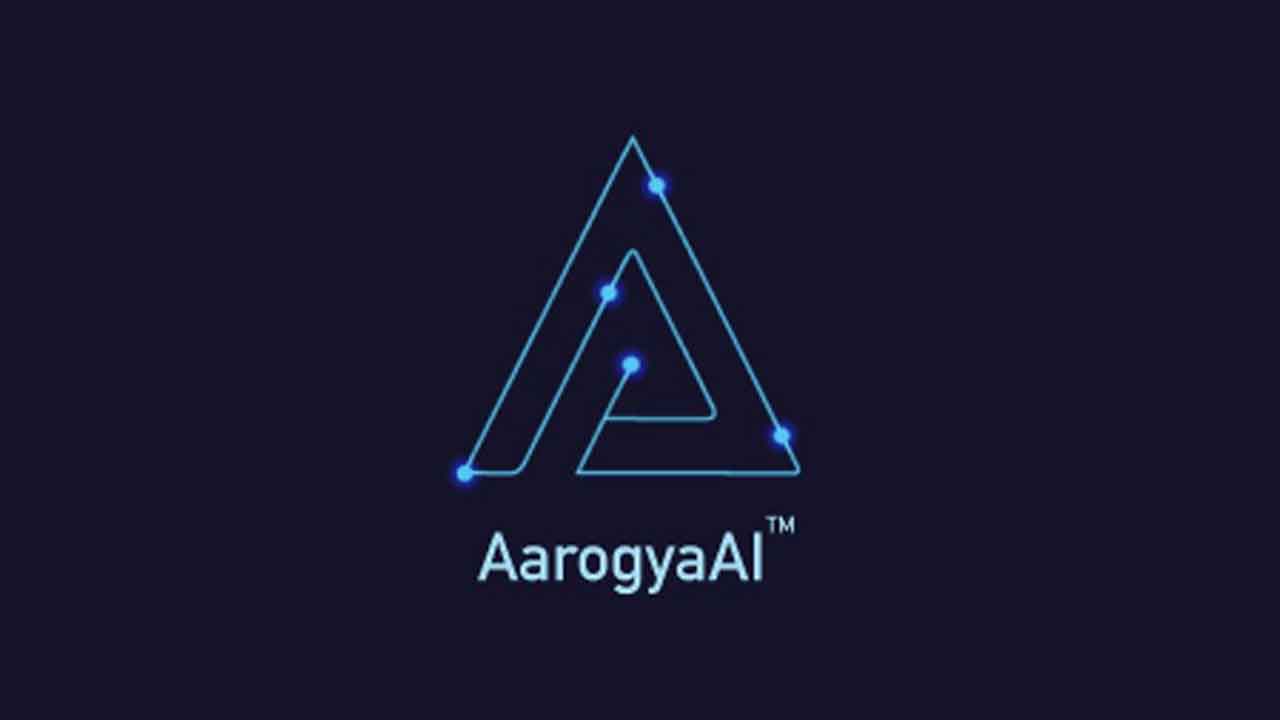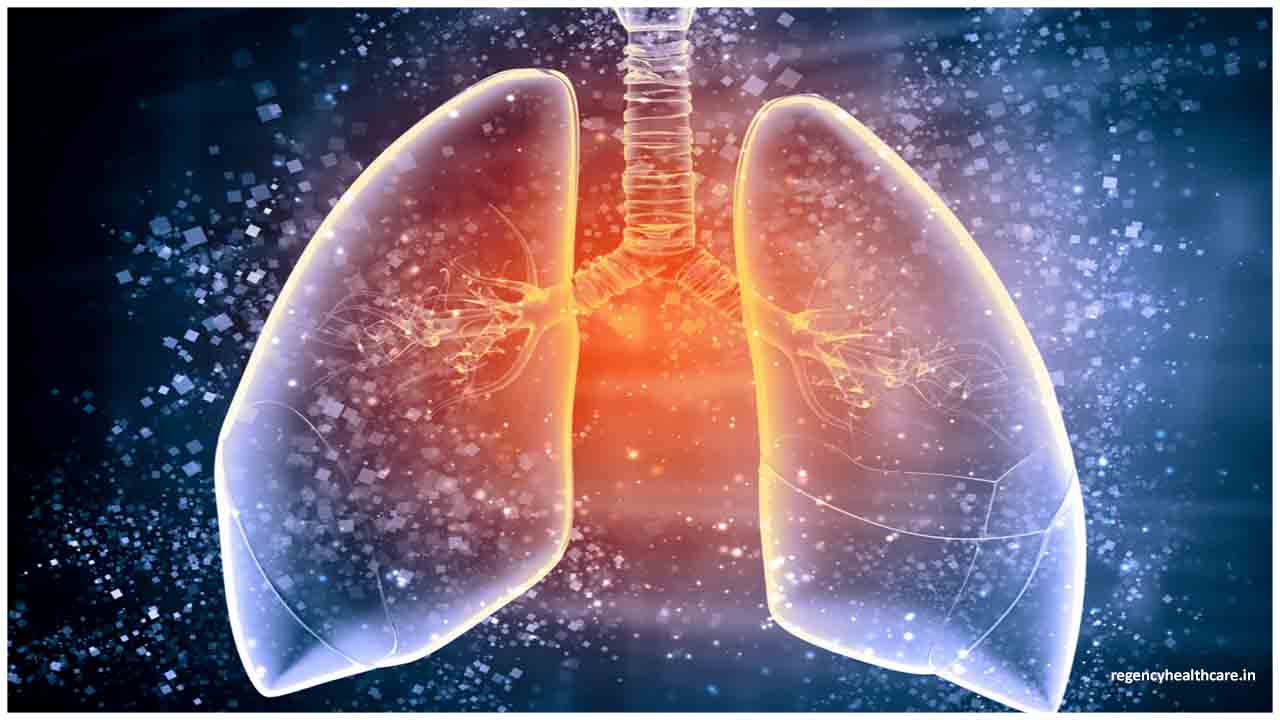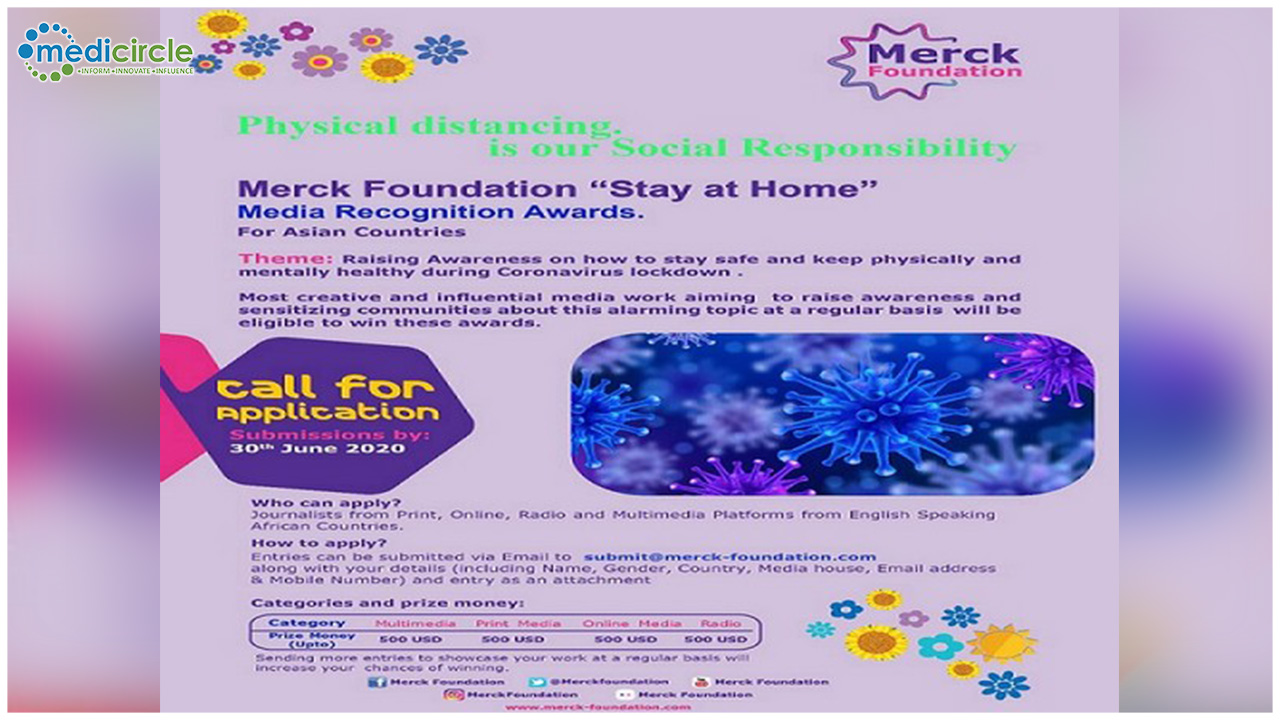COVID has created a lot of negative impacts on our lives and body. It is important to monitor the diet of COVID patients for their better recovery. Many patients complain about fatigue and abdominal pain due to many complications. There is also a negative impact of the antiviral medications if taken for a long time. COVID and Post COVID patients need extra support to fight this infection through their diet.
At Medicircle, we are presenting the Ask The Expert Series for health awareness to understand facts and find solutions related to them. We have come up with the series of Sehat Ki Baat, Karishma Ke Saath. Let’s interact with Expert Karishma Shah about the healthy tips for COVID patients with comorbidities of hypertension, diabetes, and thyroid disorders.
Karishma Shah is a Nutritionist and Plant Diet based Food Coach. She is also a Weight Loss Expert, Diabetes and PCOS Educator & Certified in Psychology of Eating.
The episode of Sehat Ki Baat, Karishma Ke Saath- Episode 10 revolves around the diet plan and health tips for COVID patients who have comorbidities like diabetes, hypertension, and thyroid disorders
Protein is a very important macronutrient for COVID patients
Karishma Shah, “Many people are talking about vitamins and minerals. It is important to talk about the macronutrient “protein” which is very important for recovery of COVID patients. Protein helps in the following :
- Recovery of the immune system
- Increased in WBCs(White Blood Cells)
- Reduction in Hemoglobin
Just taking Vitamin C and D is not enough. We need protein for the recovery of COVID in all three meals. According to our body weight, 1 gm per kg body weight per day is required for an average person. For example, if a person is weighing 50 gms, he or she needs 50-55 grams of protein /day to meet their daily requirements of protein. Devoiding yourself of protein will lead to
- Reduce immunity
- Reduced strength
- Weakness
Eating wholesome food is very important for the assimilation of protein.
Symptoms of Hypertension
Karishma says, “Hypertension symptoms
- Restlessness
- Increased heart rate
- Anxious especially COVID anxiety
- Tendency to irritability
- Anger
Guidelines for hypertension
Karishma says, “The guideline for the treatment of hypertension
- Reduced anxiety by practicing meditation
- Sleep well
- Salt intake should be adequate: Consume only 2 teaspoons of salt every day. People who are hypertensive should take care of salt intake. Monitor your salt intake during the day. Consuming rock salt is beneficial as it contains minerals as well. All kinds of salt should be taken adequately. The best substitute for salt is amchur or mango powder
- Potassium: Potassium-rich foods can help in lowering blood pressure and COVID as well. Consuming banana, cashew nuts are very important for your diet.
- Drink an adequate amount of water: Water balances the body temperature. Water should be consumed 30 mins before the meal and 1 hour after a meal. Fluid consumption is important in the case of COVID.
Guidelines of Diabetes and COVID
Karishma informs, “A lot of diabetics have an increasing level of sugar in this COVID. You do not need to panic about it. Instead, you need to normalize the sugar levels. As soon as there is inflammation in the body, the insulin levels start fluctuating. This is the defensive mechanism of the body. When insulin is triggered, the sugar levels are high. Reports might show up high sugar levels which can be controlled with the diet. COVID patients cannot exercise as they are very weak.
- Do not skip your anti-diabetic medications which can lead to increased sugar levels
- Eat small meals every 2 hours to maintain sugar levels
- Snack on small meals
Meal for diabetes
Breakfast 1 Bowl of Poha or 2 eggs omelet
Post breakfast meal: 1 fruit
Lunch: Small nutritious meals like sabzi and chapati instead of heavy meals
Evening snack: sprouts or protein meal
Dinner: Dinner should be simple and consumed before 8 pm
Before sleeping: Haldi milk or fruit or nuts can help diabetics “
Guideline for thyroid disorders and COVID
Karishma states, “There are 3 conditions of thyroid disorders
- Hyperthyroidism which is rare
- Hypothyroidism is very common
- Hashimoto’s is an autoimmune disorder where our immune system starts attacking our own body.
Thyroid disorders and COVID together cause a double impact on the body. The symptoms are as follows
- Fever
- Lethargy
- Does not want to get out of bed
Thyroid medication dosage has to be adjusted if you are tested COVID positive. Consult your doctor about the same."
Diet for COVID patients which thyroid disorder
Karishma states, "COVID and thyroid disorder patients need to follow these tips:
- Avoid Gluten: Gluten creates more inflammation and results in a reduction of absorption of the vitamins like vitamin D.
- Avoid Dairy products: Consume almond milk, soy milk, and oats milk.
- Avoid Sugar: Instead of sugar use jaggery. Eat dates, figs, and jaggery instead of sugar.
- Consume Antioxidant-rich food
- Consume Protein”, says Karishma
(Edited by Dr. Rati Parwani)

 Karishma Shah gives her invaluable expertise and importance of a healthy diet in COVID patients with comorbidities of hypertension, diabetes, and thyroid disorders. It is important for COVID patients to monitor their sugar levels, blood pressure, and TSH levels which might go for a toss in COVID positive patients.
Karishma Shah gives her invaluable expertise and importance of a healthy diet in COVID patients with comorbidities of hypertension, diabetes, and thyroid disorders. It is important for COVID patients to monitor their sugar levels, blood pressure, and TSH levels which might go for a toss in COVID positive patients.




















.jpeg)

.jpeg)










.jpg)




.jpg)

